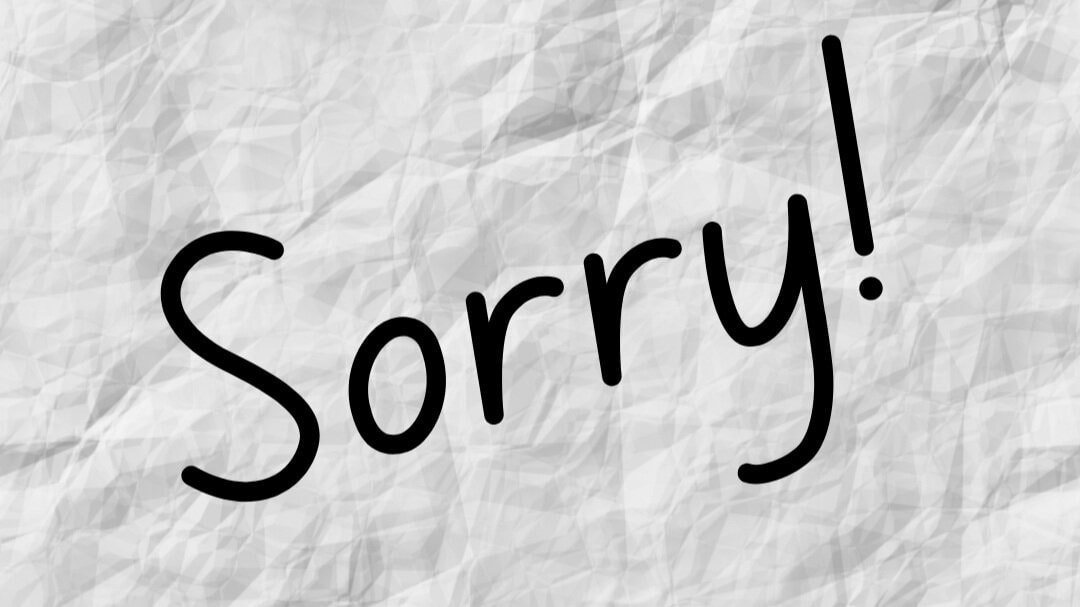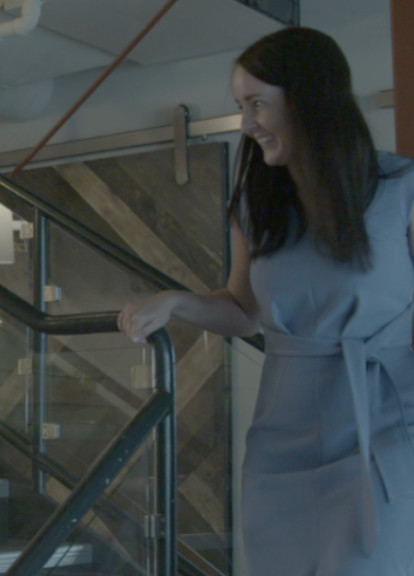
It’s no secret that Canadians say sorry a lot. Whether it’s out of habit, a reflex, or genuine kindness, we’ve all been in a situation where we’ve said sorry for something that we probably didn’t need to. Like when someone bumps into you, and you say, “Sorry about that!”
However, this tendency to apologize may land you in a precarious situation if taken at face value.
Apology legislation in Atlantic Canada
When it comes to apologies, two of the Atlantic Canadian provinces have Apology Acts, Nova Scotia and Newfoundland and Labrador. In both of these acts, subsection 2(a) defines an apology as:
an expression of sympathy or regret, a statement that one is sorry or other words or actions indicating contrition or commiseration, whether or not the words or actions admit, or imply an admission of, fault in connection with the matter to which the words relate.
So, what exactly does this mean? Effectively, if you say sorry or something to that effect, it is likely to be seen as an apology or by some, an admission of guilt.
However, in both provinces’ Apology Act, paragraph 3(1)(d) exempts an apology from being taken into account in determining fault or liability with the situation that brought about the apology. Meaning, in Nova Scotia and Newfoundland and Labrador, an apology cannot be used to determine fault.
This may not stop an insurance adjuster from attempting to use your apology against you after the accident, however.
Many insurance adjusters will contact you to speak about an accident shortly after it occurred. While it is best to consult a lawyer before having this conversation, that’s not always feasible. If you find yourself having this conversation before consulting a lawyer, refrain from making any apologies to the adjuster. Doing so can result in the adjuster taking your words out of context in an attempt to determine fault.
What about Prince Edward Island and New Brunswick?
There is no legislation currently in place in either of these provinces exempting apologies from consideration in determining fault.
Given that the majority of the other Canadian provinces have apology legislation, the case law surrounding apologies is minimal, to say the least. However, the 2004 British Columbia case of McCluskey and McDougall v Nixon (before their apology legislation was enacted) saw an apology taken into consideration in the determination of fault.
Here, an accident occurred involving a Defendant that veered to the right without using their signal and then turned left, causing the Plaintiff to apply their brakes unsuccessfully and hit the defendant’s rear driver side bumper. The Plaintiff accused the Defendant of making an illegal U-turn, but all three witnesses present at the scene heard the Plaintiff apologize to the Defendant.
When the Defendant testified, they attempted to say that their impression was that the Plaintiff apologized for causing the accident. While this impression was ultimately not supported as it did not make sense in the circumstances, it nevertheless displays the potential complications arising from an impromptu apology. Further, it shows how, in the absence of appropriate apology legislation, an apology might be considered in the determination of fault for your accident in a court of law.
Further, given the uncertainty surrounding apologies in these provinces, insurance adjusters may be more inclined to apply pressure if they know an apology was given.
Sorry, not sorry
As much as it may go against our natural instincts, it’s best to avoid the headache and confusion of apologizing altogether. The best course of action after an accident is to not apologize and attempt to remain calm. While you should still be respectful and courteous to the other individual or individuals involved in the accident, refrain from making any apologetic statements. This will help avoid confusion down the road.
Request a
Free Consultation
If you would like to learn your legal options at no obligation, contact us today to set up a free consultation.
